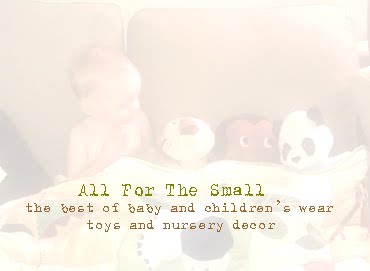The First 'Mother's Peace Day' Proclamation was by Julia Ward Howe in 1870.
Although the original meaning of the day has been all but lost among commercial offerings, her wisdom is today perhaps more meaningful then ever.
Arise, then, women of this day! Arise, all women who have hearts, whether your baptism be that of water or tears!
Say firmly: "We will not have great questions decided by irrelevant agencies. Our husbands shall not come to us, reeking with carnage, for caresses and applause.
Our sons shall not be taken from us to unlearn all that we have taught them of charity, mercy and patience.
We women of one country will be too tender of those of another to allow our sons to be trained to injure theirs."
From the bosom of the devastated earth, a voice goes up with our own. It says, "Disarm, Disarm!"
The sword of murder is not the balance of justice. Blood not wipe out dishonor, nor violence indicate possession.
As men have often forsaken the plow and the anvil at the summons of war, let women now leave all that may be left of home for a great and earnest day of counsel.
Let them meet first, as women, to bewail & commemorate the dead. Let them solemnly take counsel with each other as to the means whereby the great human family can live in peace, each bearing after his own time the sacred impress, not of Caesars but of God.
In the name of womanhood and of humanity, I earnestly ask that a general congress of women without limit of nationality may be appointed and held at some place deemed most convenient and at the earliest period consistent with its objects, to promote the alliance of the different nationalities, the amicable settlement of international questions, the great and general interests of peace.
How painful and humbling to realise that now, it is 142 years on, and we are no closer to living these same truths.
For all that we teach our children to learn from past mistakes, it would seem that we are firmly set in a 'do as I say, not as I do' society.
image via american gallery by Jane Lund
Julia Ward Howe was born in New York City in 1819 and is today best known as the writer of the Battle Hymn for the Republic.
A passionate campaigner for women's rights, anti slavery, equality and world peace, Julia published several volumes of poetry as well as travel books and a play. Along with her husband she also co published the anti slavery newspaper 'The Commonwealth'.
In 1908, two years before her passing, she became the first woman to ever be elected to the American Academy of Arts and Letters.

+Jane+Lund.jpg)









